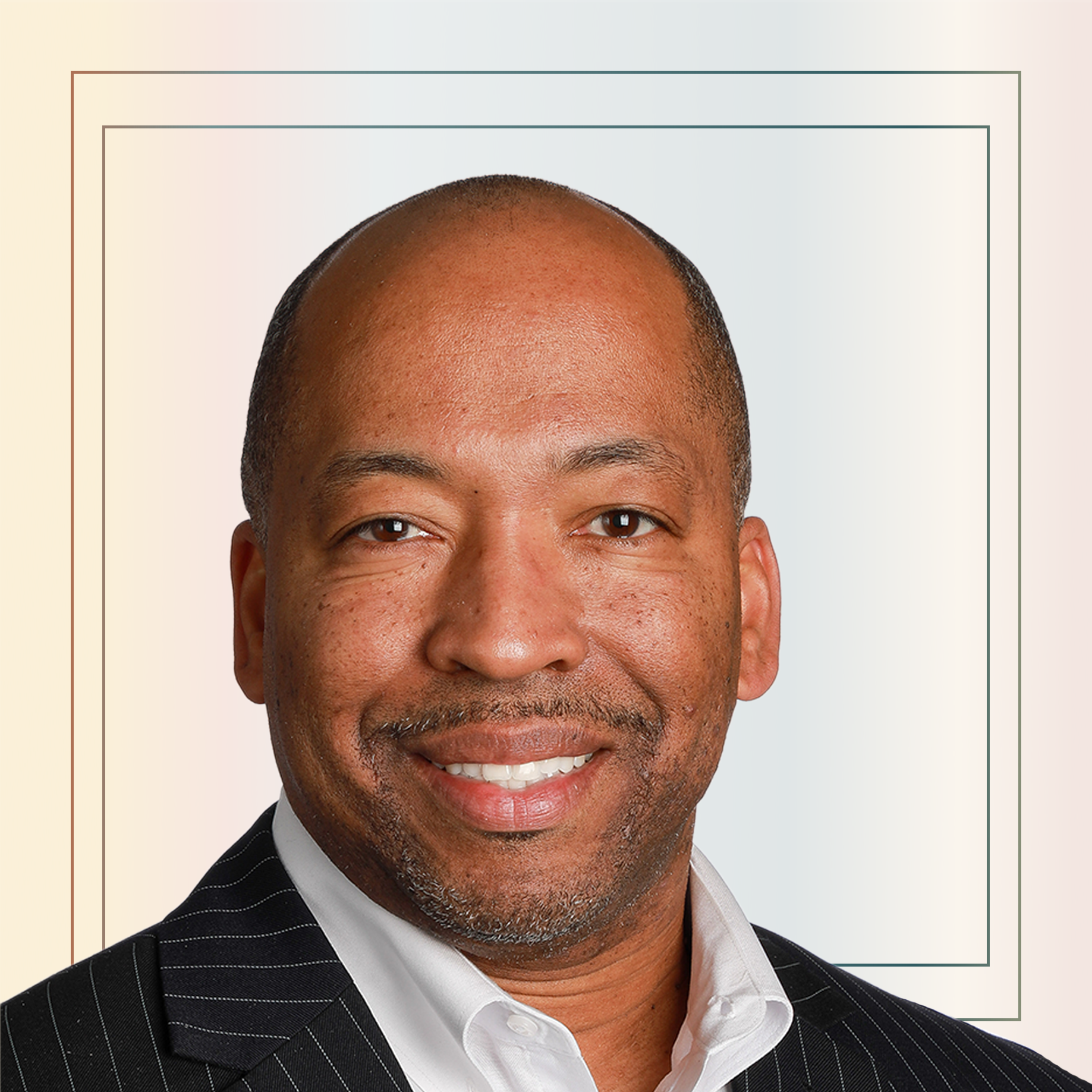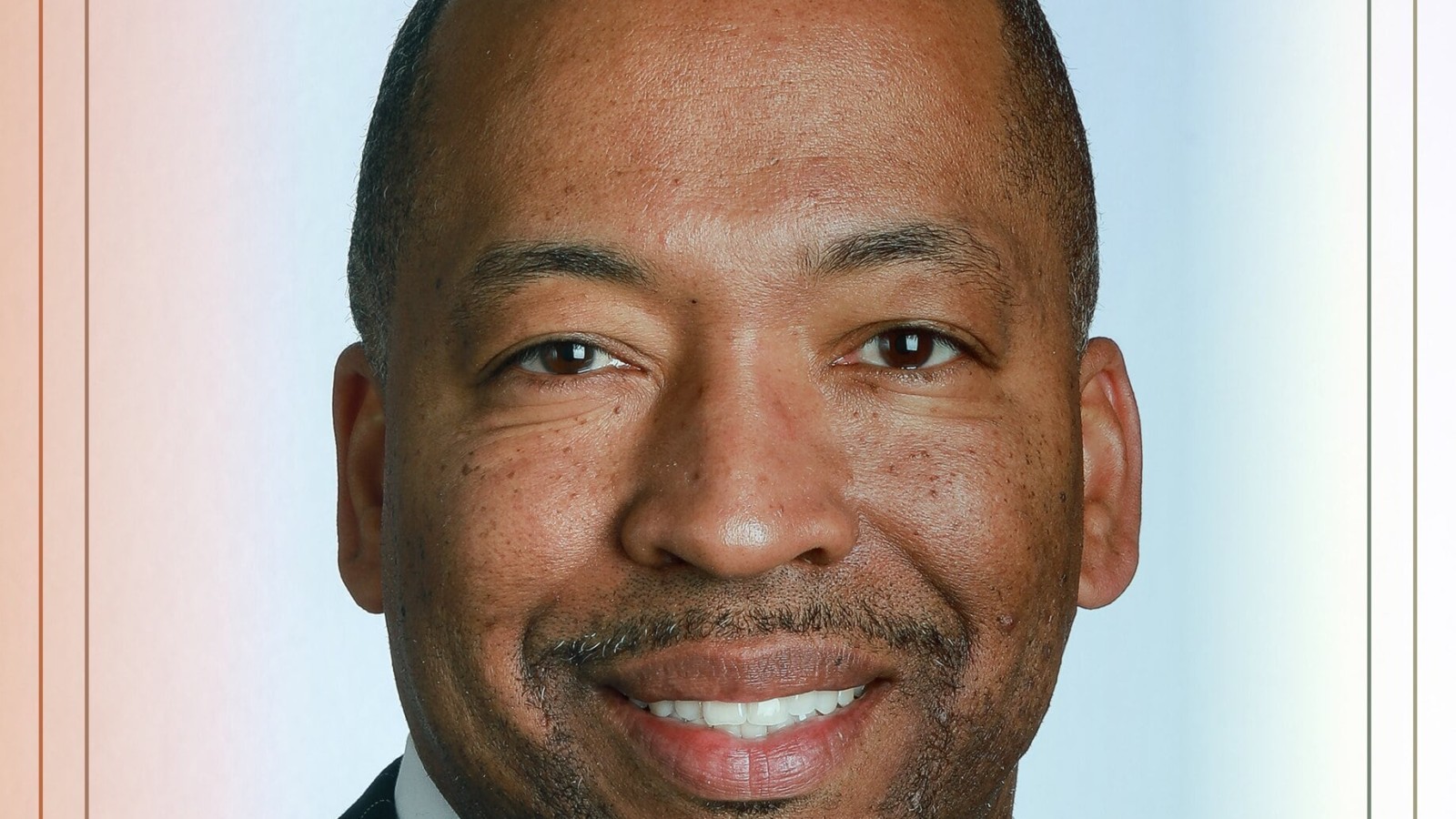Welcome to A Closer Look, an editorial series that highlights leaders who are driving innovation in their approach to diversity, equity, inclusion, and well-being in the workplace. Salesforce and Thrive Global, with support from KPMG, have partnered to make change: to bring about positive mental health conversations in the Black community, to share strategies for seeking help, and to prioritize mental well-being.
By Todd Ellis, as told to Clarice Metzger
“As a result of the coronavirus pandemic and social unrest, the importance of mental health has been amplified over the past year. This period has forced us to take a look at inequities, social injustice, and the communities that are often ignored or left behind. We’re at an inflection point for change, especially in the healthcare industry where I’ve worked for over 20 years providing consulting services.
I’m a partner at KPMG, a global network of professional services firms; my focus is in healthcare, IT, and IT strategy. I’ve actually been in healthcare my entire career, so I’m committed to this work and the impact we are making in minority communities.
We’re trying to do things differently at KPMG through initiatives that not only benefit our company, but also support minority communities and their mental well-being:
The Morehouse School of Medicine National COVID-19 Resiliency Network
With the Morehouse School of Medicine, we built a platform using Salesforce to disseminate COVID-related information to minority populations. Here’s how it works: If I’m a minority in Atlanta, for example, I’ll be able to type in my zip code, and be able to understand, as an African-American male, what community assets are around me. I’ll discover: where I can go to get a vaccine? Where can I go to get tested? If I need food, what’s around me? We’re applying advanced technologies and data and analytics to target these populations and pair them with the services and support that they need. Also, our future plans are to incorporate tele-medicine, which will allow doctors to consult with patients remotely.
If I’m a minority in Atlanta, for example, I’ll be able to type in my zip code, and be able to understand, as an African-American male, what community assets are around me. I’ll discover: where I can go to get a vaccine? Where can I go to get tested? If I need food, what’s around me?
Another important aspect of the Morehouse School of Medicine National COVID-19 Resiliency Network is community-based organizations. For example, we know that a lot of minority populations rely on the churches. They rely on different community-based organizations because they trust that they’re going to give them the right information. So far, we have over 50 community-based organizations partnering on this platform that we’re building with Morehouse.
The platform’s principal investigator, Dr. Dominic H. Mack, is a family physician and the director of The Morehouse School of Medicine National COVID-19 Resilience Network. He testified before Congress, and the U.S. government decided to use our platform going forward —not just for COVID-19, but for diabetes, hypertension, and more. At a national level, nothing like this has ever been done; and never with a focus entirely on minority populations. Working with Morehouse and our other partners on this initiative was special; it’s something that can really move the needle for well-being in minority communities.
Accelerate 2025 and the Racial Equity Action Fund
At KPMG, we have a long-standing commitment to diversity and inclusion and Accelerate 2025 is a major, strategic initiative we’ve recently launched that exemplifies this commitment. This initiative is focused on accelerating our efforts to ensure that more individuals from underrepresented groups choose KPMG as their employer of choice, build careers at KPMG, and advance to leadership positions within our firm and within the profession.
Another recent initiative — the KPMG U.S. Foundation established the Racial Equity Action Fund in June 2020. The fund is dedicated to supporting community efforts addressing racial inequity, focusing on four key areas — health and welfare, education, career workforce readiness, and racial justice. The first round of funding, announced in August 2020, benefitted the Black Mental Health Alliance, Thurgood Marshall College Fund, Year Up, and the Innocence Project. We announced the second round of funding ahead of Martin Luther King Jr. Day, which is benefitting the National Black MBA Association, Black Girls Code, and Black Emotional and Mental Health Collective.
It’s a great time I’m living in right now because of the unique projects I’m working on and KPMG’s commitment internally to drive change externally. We have to take this opportunity to really drive change. I think America is ready. The younger generations, they’re speaking up, they’re voting. It’s a wonderful time to make change.”


